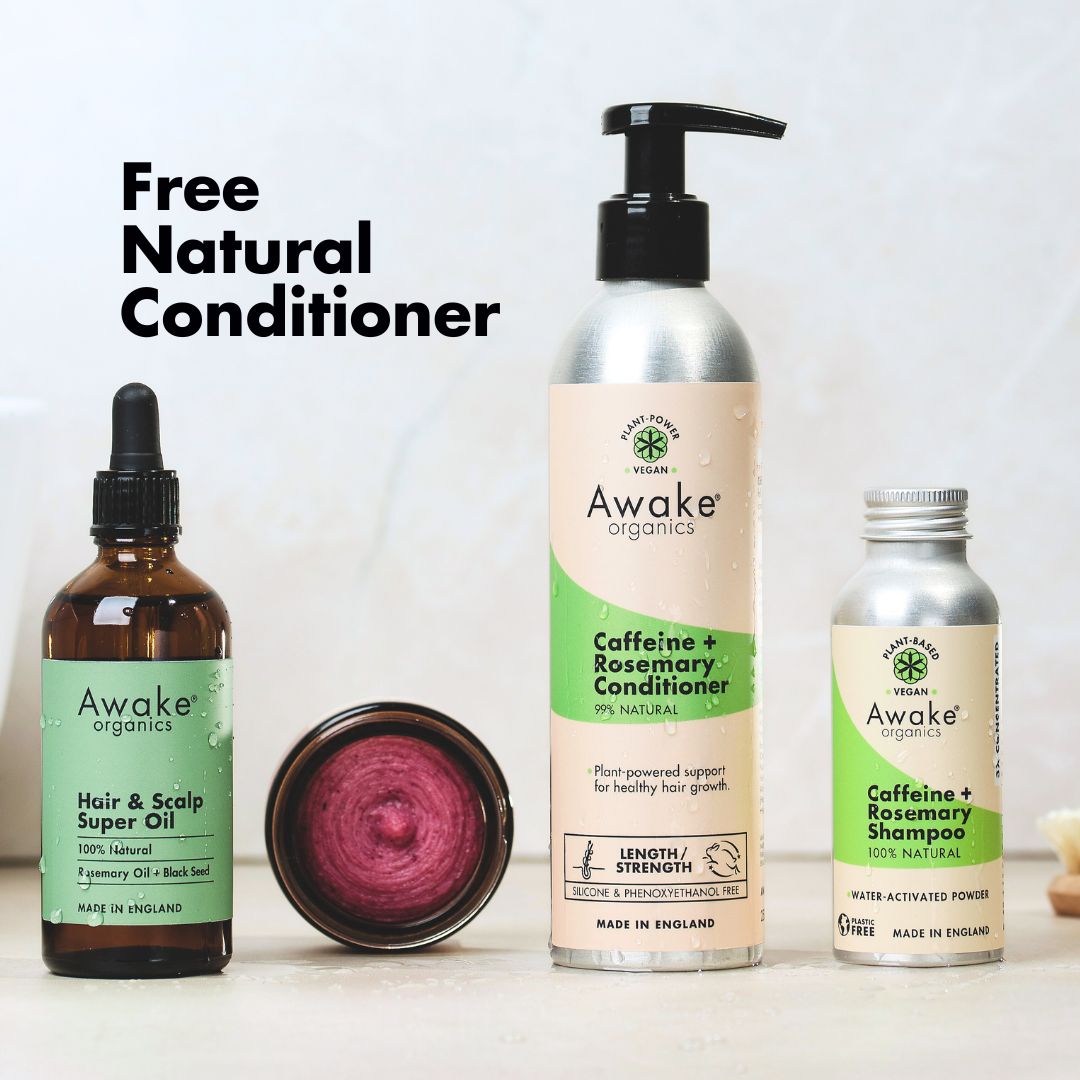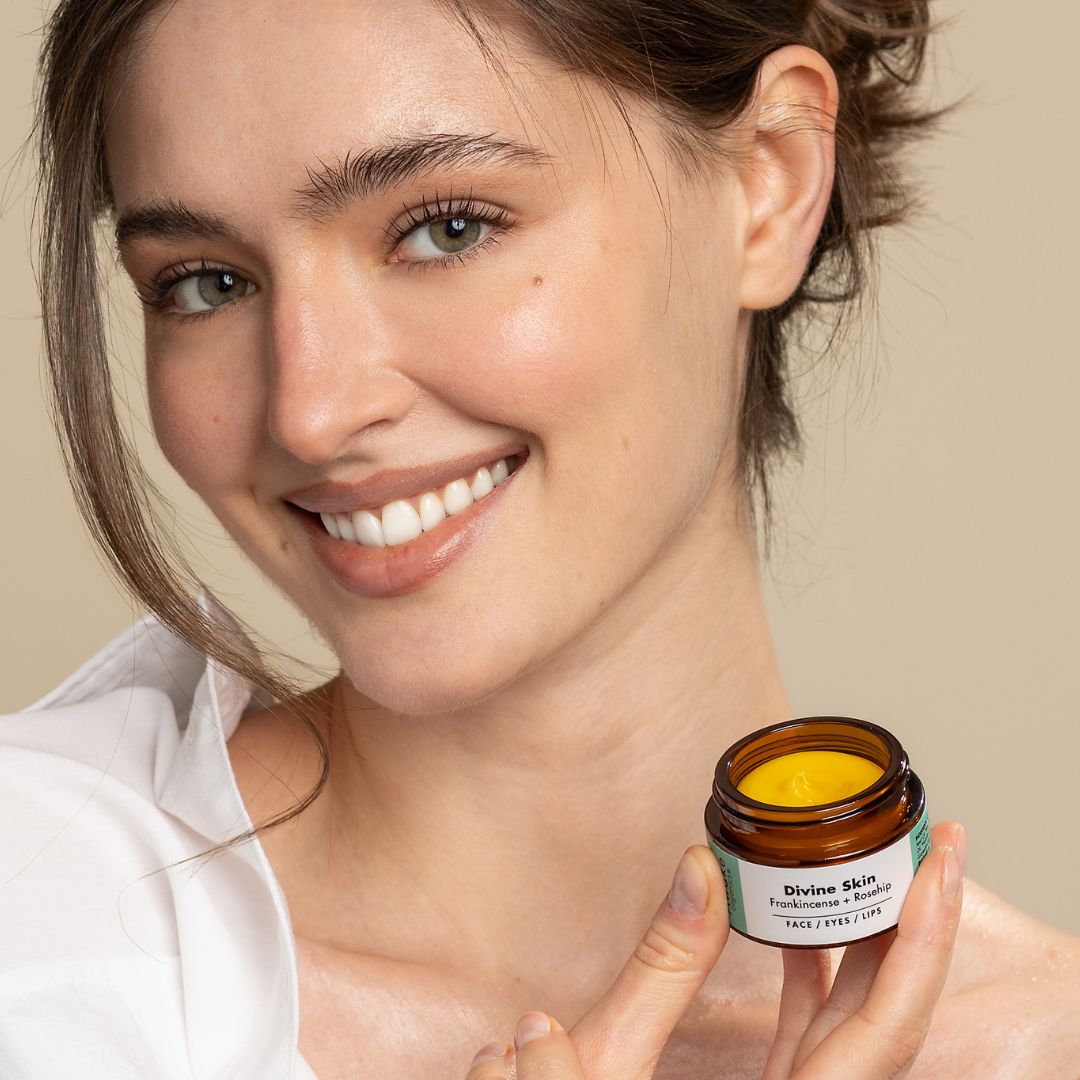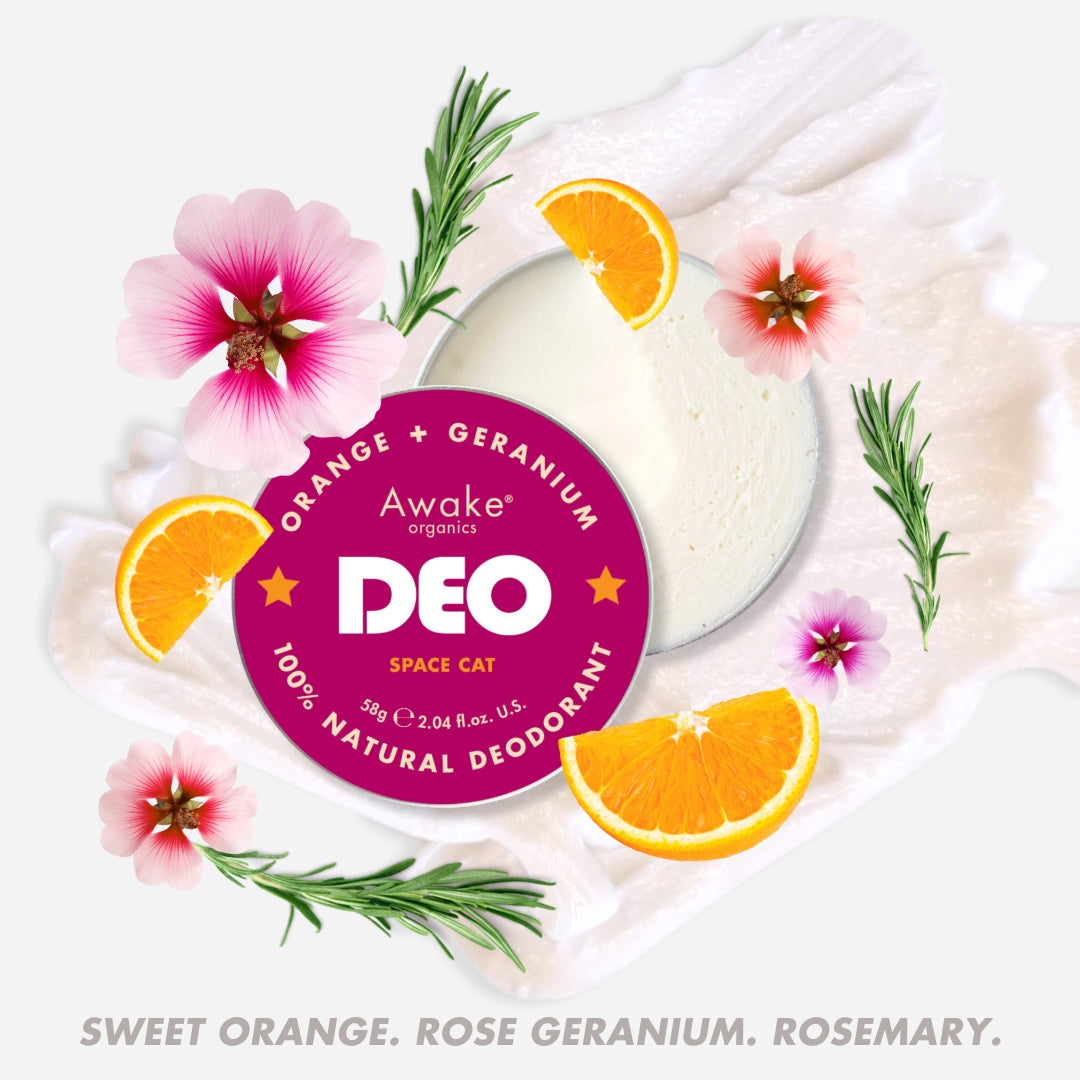 Will lack of sleep affect your skin?
Will lack of sleep affect your skin?
Simply put, yes. There’s a reason it’s called
beauty sleep. When you’re not sleeping properly, your cortisol (stress hormone) level increases. High levels of cortisol cause inflammation in the body, which translates to dry skin, a dull complexion, and even premature hair loss. Studies also suggest that cortisol decreases the production of collagen, which is the most abundant protein in our bodies and gives our skin its elasticity.
When collagen breaks down and isn’t replenished as frequently, our skin starts to sag and loses its suppleness. This happens gradually as we age, and isn’t really something that can be completely avoided. That said, there are a few things that will speed up this process, and bad quality sleep is one of them.
The cellular regeneration cycle takes on average 28 days, and peaks each night at 2am."
Why do we look older in the morning?
Our bodies have a surge of Human Growth Hormone (HGH) while we are sleeping. HGH helps rebuild and repair body tissue, and increases cell production. The cellular regeneration cycle takes on average 28 days, and peaks each night at 2am.
New cells will always look more radiant, smooth and plump. Old cells tend to be rough and dehydrated, causing skin to feel dry and look more aged. You must allow your body the sleep it needs to produce HGH, or you will look tired and, dare I say it, older than you really are. Nobody wants to look older than their biological age!
New cells will always look more radiant, smooth and plump."
How to look after your skin
First, get a good nights' sleep! Regular, good quality sleep will support your cellular regeneration cycle, and will help regulate your cortisol levels. Second, if you aren't in your 20's anymore, you really need to exfoliate and hydrate your skin properly.
Hydrated skin vs. dehydrated skin
Hydrated skin always looks healthier, plumper and, by default, more youthful. If you can't rest, and have to fake a good nights' sleep, you'll need to hydrate your skin more frequently with emollients that are naturally high in fatty acids. This is especially important overnight, starting in your mid-thirties. This will help boost lost moisture.
(Read How to Get Glowing Skin in Your 40's)
How to hydrate your skin
Look for products that contain ingredients that support the body’s natural sleep functions. For example, products containing
Carrot Seed Oil give skin a firmer, fresher appearance by helping the body expel toxins and water build-up in the dermal tissue. We designed a
range of skincare specifically for dull, stressed-out skin. It contains a rich, hydrating blend of
Babassu Kernel, Hemp, Rosehip and Sea Buckthorn oils, along with a proprietary blend of
Carrot Seed, Frankincense and other essential oils that support skin health. If you are in your late 30's, 40's +, we recommend layering. Apply an
overnight serum first, and then lock-in the nutrients with a
hydrating face balm.
How to exfoliate your skin
Also, don’t forget to detoxify and exfoliate your skin. If you are hanging onto congested, dead surface cells, your skin will look rough and dry. The best products for exfoliating your skin are gentle, and formulated with natural ingredients and superfoods like Spirulina and Turmeric. These ingredients do a great job of detoxing and brightening without over-drying your skin, and they are gentle enough to use a bit more frequently. Our
Sea Quartz Cleanser is a potent blend that does the trick every time. It also contains Coconut Milk and Clear Quartz Crystals to refine your pores and promote bouncy skin.
(Read Best Essential Oils for Dewy Skin in Your 40's)

YOU MIGHT ALSO LIKE
Can’t Sleep? It Could Be Your Hormones
The Best Oils & Butters for Glowing Skin
Essential Oils for Beauty
What To Eat for Healthy Skin
How To Get The Most Out of Your Overnight Face Serum
SaveSave
SaveSave
SaveSave
SaveSave
SaveSave
SaveSave
SaveSaveSaveSave
SaveSave
SaveSave
SaveSave
 Will lack of sleep affect your skin?
Will lack of sleep affect your skin?



